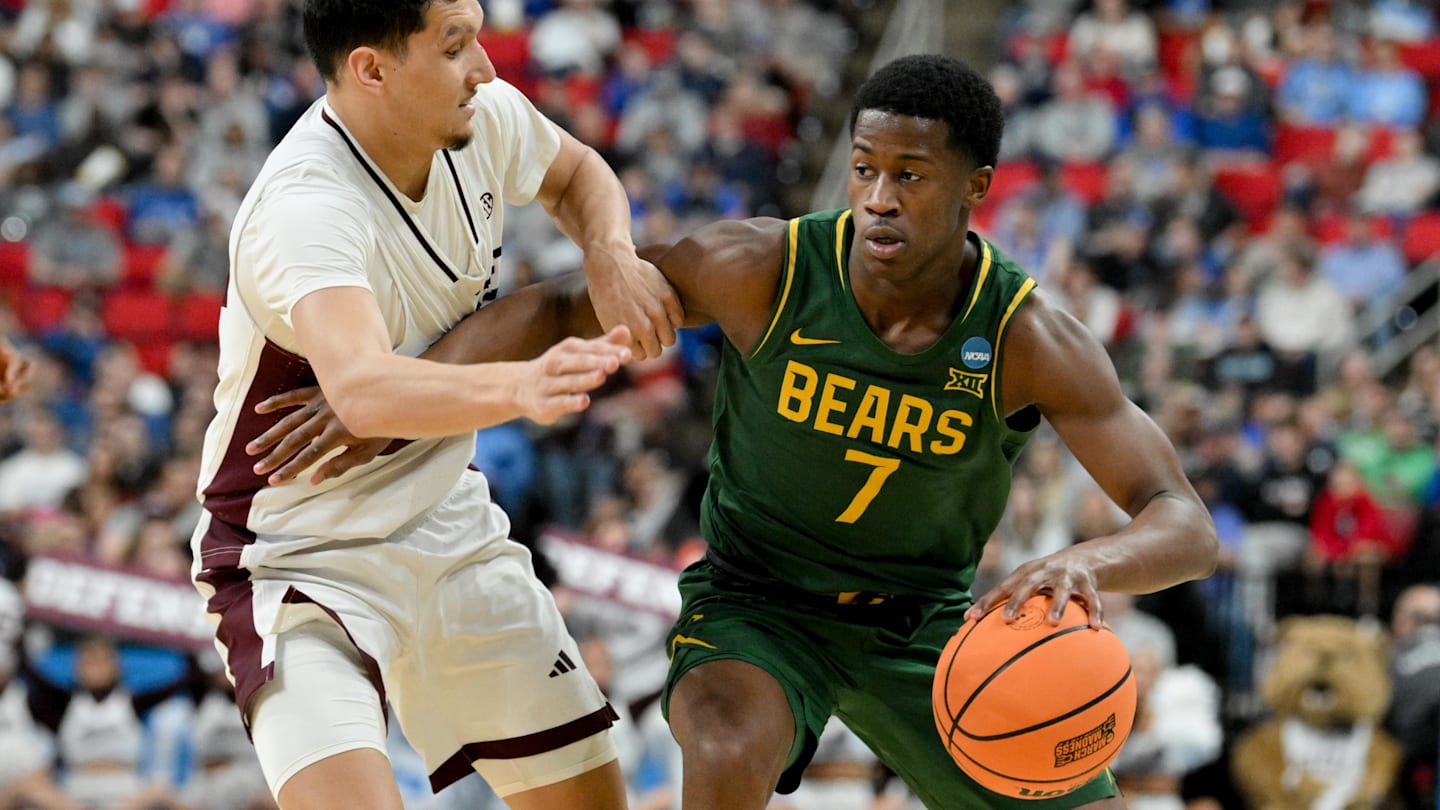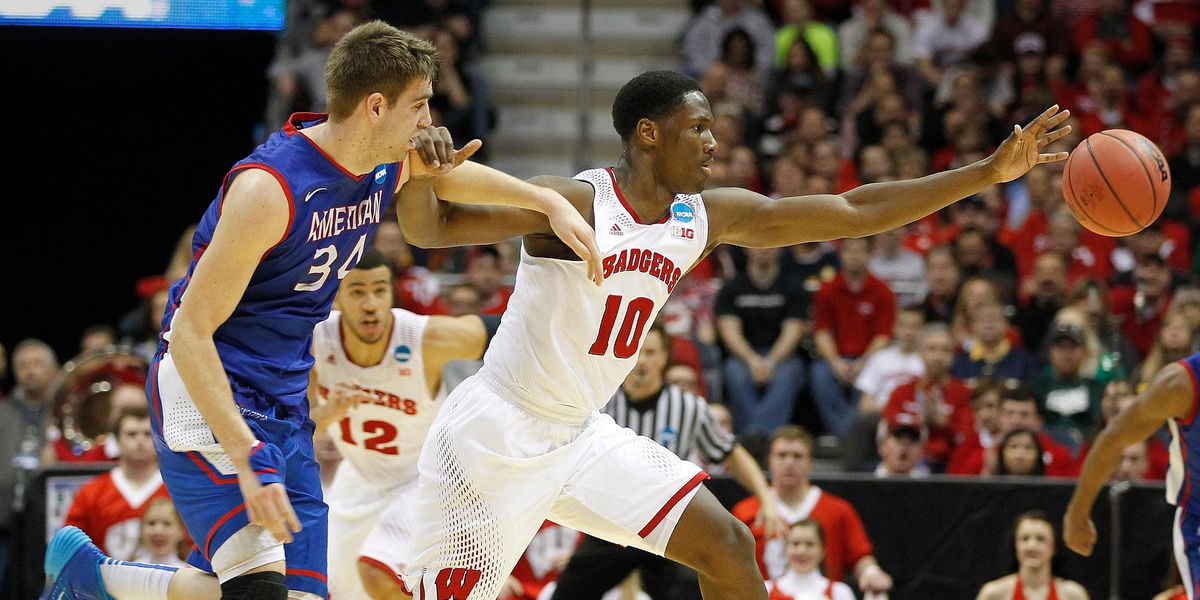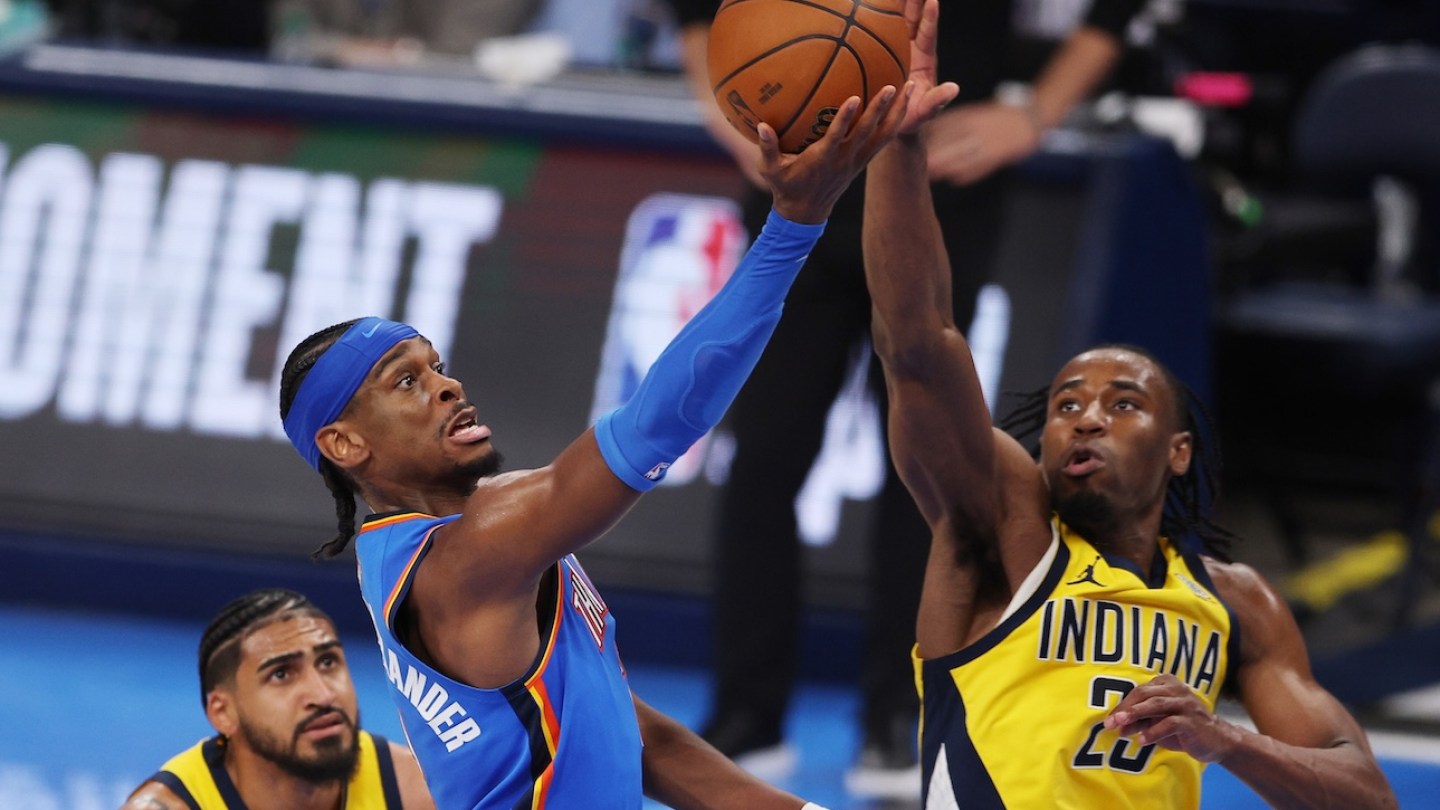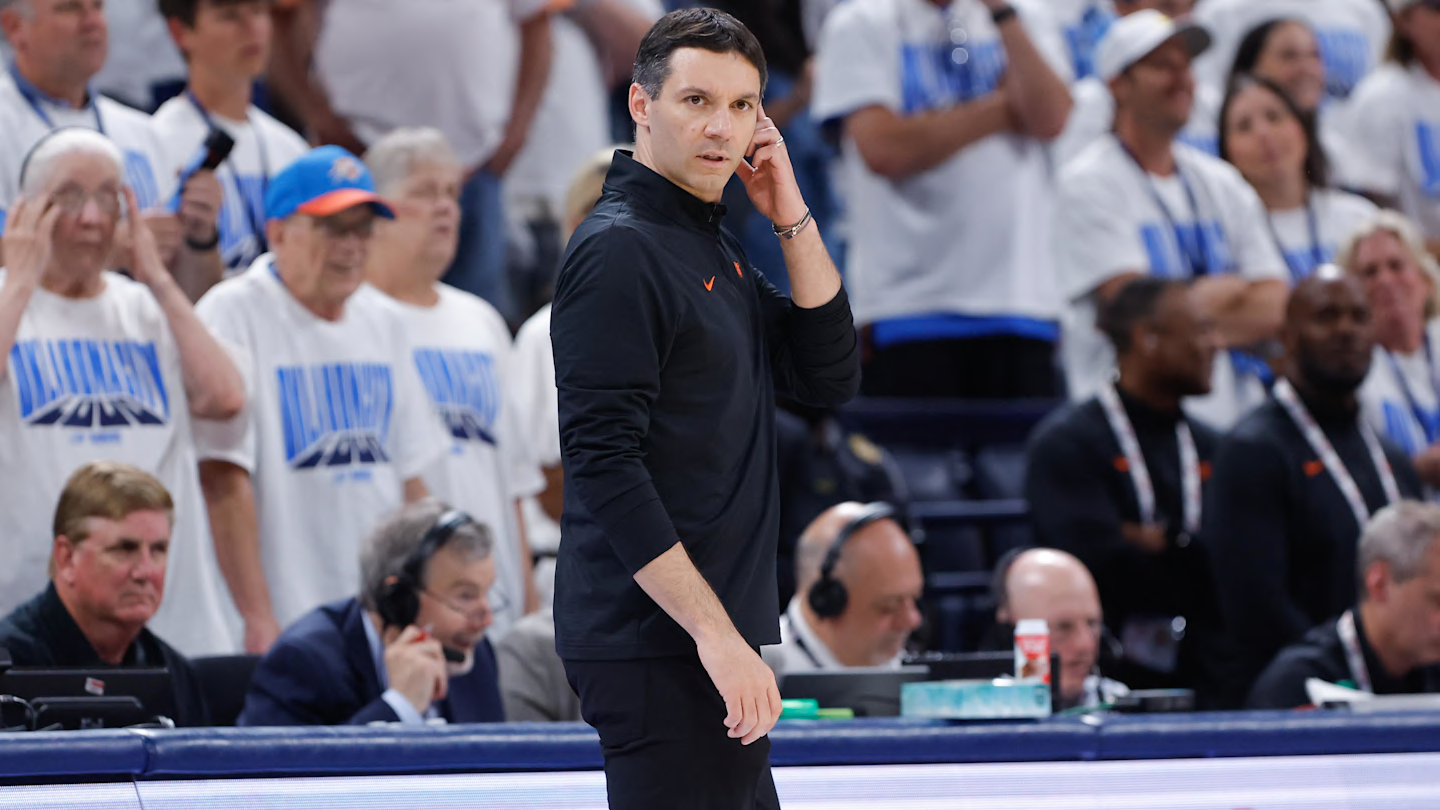The 2025 NBA Draft is set to take place later this month, meaning a new crop of rookies is going to be entering the league. Ahead of that milestone, let’s evaluate three of the most interesting backcourt fits for lottery teams.
VJ Edgecombe to the Charlotte Hornets at pick No. 4 is one of the cleaner on-court fits in the 2025 NBA Draft. Arguably one of the best athletes in the class — both in terms of burst and vertical pop — Edgecombe gives Charlotte a dynamic downhill threat that perfectly complements LaMelo Ball and Brandon Miller’s perimeter-oriented scoring.
His speed and twitch in the open floor immediately boost a Hornets transition offense that ranked among the league’s worst, while his defensive versatility adds much-needed edge on the perimeter and intriguing backline protection from the guard spot.
While Edgecombe has struggled with rim finishing, often picking up his dribble and leaping early, Charlotte’s offensive context could help iron out those flaws.
Ball and Miller space the floor horizontally, while Mark Williams adds vertical gravity in the dunker spot. That combination creates clean driving windows and the opportunity for Edgecombe to leap later into his drives, allowing him to fully leverage his athletic tools. If he can develop as a finisher at the rim, this is a fantastic fit that helps balance Charlotte’s offensive and defensive identity while letting Edgecombe grow into a core contributor.
Tre Johnson to the Utah Jazz at pick 5 fills a clear need for long-term offensive creation. One of the more skilled perimeter scorers in the class, Johnson brings shot-making versatility with pull-up range from three and the midrange.
He also showed growth as a passer throughout the season, particularly off live dribbles — drawing help and finding dump-offs to bigs. With frontcourt players like Filipowski, Hendricks, and Kessler, Johnson will have outlets as both DHO and lob partners, which gives him room to expand his interior playmaking.
His main offensive concern is rim finishing. A lack of core strength makes it difficult for him to absorb contact and stay balanced, often resulting in tough, awkward attempts at the rim. That’s an area he’ll need to improve to become a more efficient creator, but Utah’s spacing and vertical threats may help simplify those driving lanes early on.
Defensively, he lacks the strength to get over screens and can be out of position due to his off-ball feel, but the Jazz have enough backline coverage to act as a safety net as he develops.
While not a complete player yet, Johnson’s shooting, creation, and fit with Utah’s current personnel give him a realistic developmental path and a chance to grow into a key piece for the Jazz.
Jase Richardson to the Portland Trail Blazers at pick 11 addresses a key need in the roster: guard and ball-handling depth.
With Anfernee Simons nearing the end of his contract, the Blazers could use another long-term option in the backcourt, and Richardson fits that mold well.
One of the most efficient freshmen in college basketball last season, he played mostly off the ball at Michigan State but brings the feel, versatility, and decision-making to operate both on and off the ball at the next level.
That flexibility makes him a strong fit alongside Portland’s young creators like Scoot Henderson, Shaedon Sharpe, and Deni Avdija—as someone who can share primary ballhandling responsibilities, initiate offense, and operate comfortably in different roles depending on the lineup.
Defensively, while slightly undersized, Richardson competes at the point of attack and brings strong help instincts. The presence of defenders like Deni, Clingan, and Camara helps insulate him and gives Portland a balanced lineup.
Richardson also has intriguing synergy with Clingan as a DHO partner and can benefit from playing off of bigger initiators like Deni, allowing him to attack second-side actions or operate in simplified reads. Richardson is a fantastic bet for Portland at 11 as he fits an immediate need, but more importantly, he could become one of their core players long-term.



